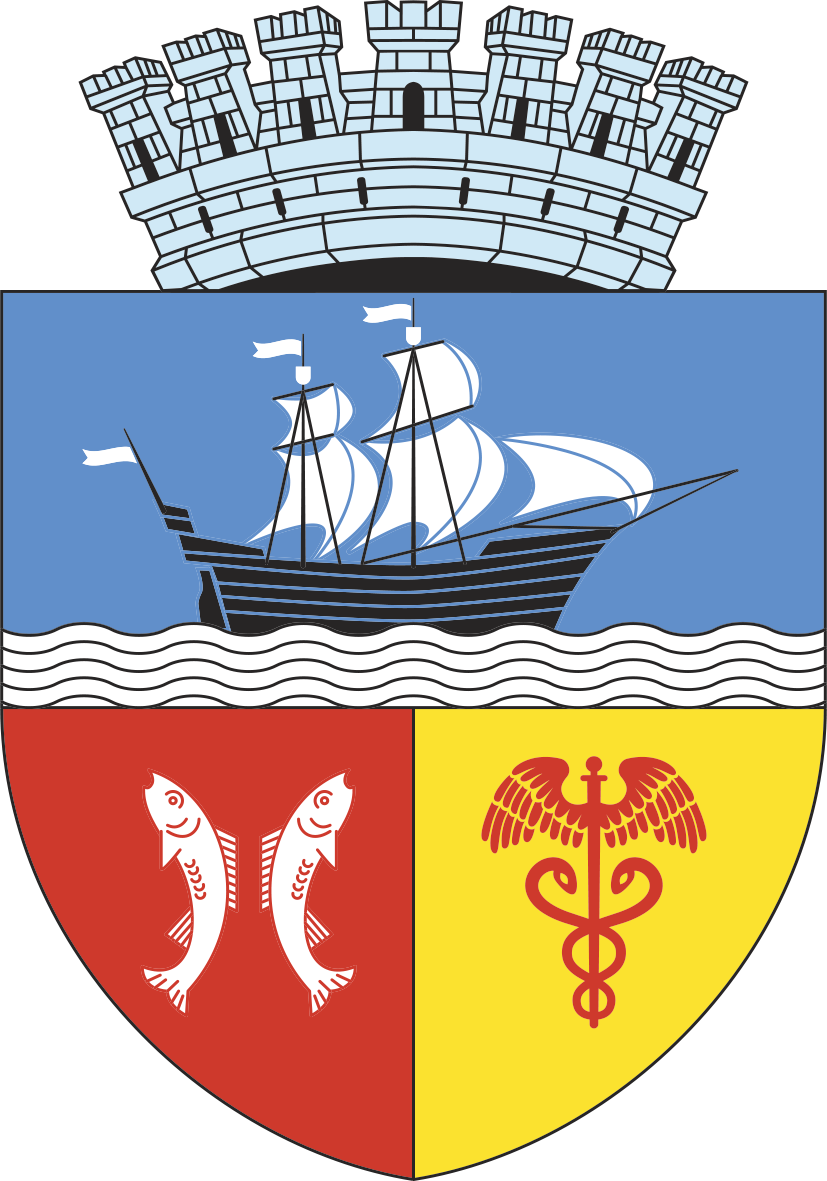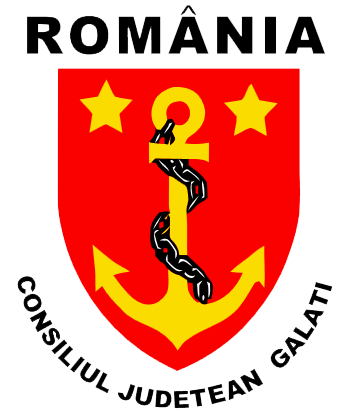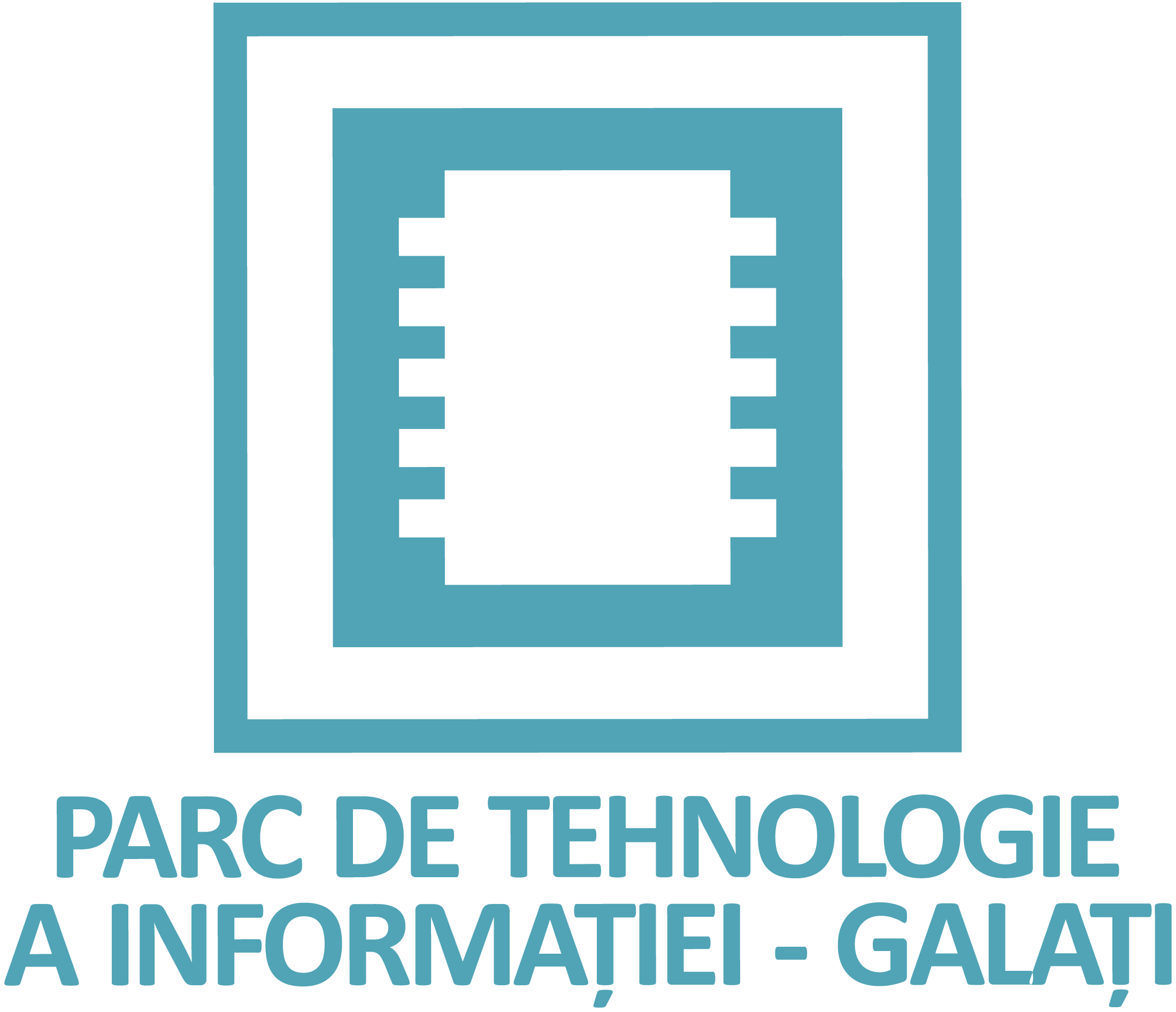Starting a Business

Registering a company
The creation of a commercial company must be done in compliance with Law 31/1990 – Law of Commercial Companies, republished with the subsequent amendments and additions.
In order to set up a commercial company, one must follow the following steps:
1. Check the availability of the company’s name and reserve it at the Trade Register Office
Necessary documents:
- Identity card of the associate/ shareholder or administrator
- Special Proxy for representation in its authentic form or Power of Attorney
- Filled application – request to check the availability of the trademark
2. Draft the Constitutive Act
Necessary documents:
- Copy of the identity card of the associates/administrators/censors natural persons
- Copy of the registration certificate and the decision of the General Assembly of the associates or shareholders for associates who have legal personality;
3. Submit the social capital at the bank
4. Submit the documents at the Trade Register Office in order to register the company
Registering a company at the Trade Register Offices involves the payment of certain taxes and tariffs which are regulated by Decision no. 902 from September 2012. After the documents are analyzed, the Trade Register Office will release the following documents which will attest the establishment of the company;
- Incorporation Certificate
- Resolution of the Manager of the Trade Register Office
- Conformation of company details;
5. Next steps:
- Manufacture the company’s stamp
- Buy forms, invoice book, receipt book, etc;
- The Registration statement is submitted to the Financial Administration within 30 days from the date when the company was established
6. Notifications and authorizations
All notifications or authorization documents will be requested from the public authorities depending on the company’s activity. In order to start the activity at the Trade Register, one should first obtain all the authorizations and notification needed for the legitimate functioning of the company.
Investment Facilities
According to the national legislation, investors who choose Romania for the implementation and development of their investment projects benefit from the same rights and obligations, be them Romanian or foreign citizens, residents or non-residents.
The general legal framework regarding support measures from the Romanian state awarded to stimulate investments was regulated by the Government’s Emergency Ordinance (GEO) no. 85/2008 regarding the stimulation of investment, with the subsequent amendments and additions.
The normative act establishes the principles which underlay the stimulation of investments, the areas of activity where the implementation of investments attracts access to state aid scheme, the types of facilities of state aid nature which can be awarded, the general conditions of eligibility of investments and investors, etc.
According to the provisions of GEO no. 85/2008, with the subsequent amendments and additions, the facilities benefited by a foreign investor consist in granting non-refundable loans for the purchase of material and non-material actives, granting financial contributions from the state budget for the creation of new jobs, granting discount interest for credits, as well as other facilities stipulated in the legislation in force.
Romania’s Government adopted up to now various normative acts regulating the state support schemes which have as objective the stimulation of economic growth by granting facilities for investments.
State aids can be accessed both by large companies and small and medium enterprises, including micro-companies, depending on the type of investment, the area of activity and the state support scheme accessed.
Facilities are granted to investments made in one of the following fields:
- Activities of agro-industrial processing
- Top processing industries
- Production and supply of electricity and heat; production of equipments designed to improve energetic efficiency and the level of renewable energy usage; stimulation of renewable energy resources usage in the production of electricity and heat
- Protection and improvement of the environment’s quality
- Water distribution, sanitation, waste management
- IT and communications
- Research, development and innovation or new product development
- Workforce services
The institution responsible with promoting and implementing projects of national interest, as well as with foreign investments is the Department for Infrastructure Projects and Foreign Investments, a new structure within the Government: http://www.dpiis.ro.
Licenses
Besides registering the commercial company in compliance with Law no. 31/1990 – The Law of Commercial Companies, republished, with the subsequent amendments and additions, in some areas of activity, the companies must obtain supplementary business licenses before starting their operations. For companies operating in these areas, the registering process is followed by a licensing process with the authorities responsible with regulating the activity of that particular area.






